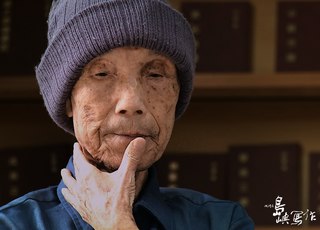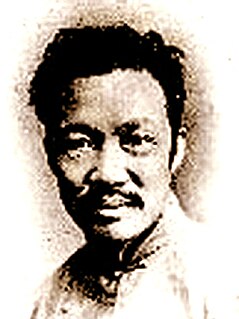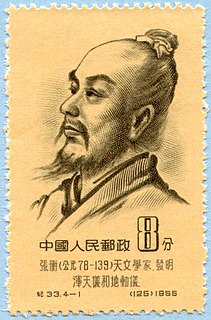 W
WCen Shen or Cen Can, 715–770, was one of the great Chinese poets of the Tang dynasty. His poems were included in the Three Hundred Poems anthology.
 W
WChou Meng-tieh was a Taiwanese poet and writer. He lived in Tamsui District, New Taipei City.
 W
WDong Zuobin or Tung Tso-pin (1895–1963) was a Chinese archaeologist. He was a leading authority on the oracle bone and turtle shell inscriptions of the Shang dynasty. In 1928, Dong supervised the first archaeological dig of Anyang, the Shang capital. Dong was a professor at National Taiwan University and director of the institute of philology and history at Academia Sinica from 1950 to 1954. Dong's construction of a Shang chronology was his most important research achievement.
 W
WFeng Youlan was a Chinese philosopher, historian, and writer who was instrumental for reintroducing the study of Chinese philosophy in the modern era.
 W
WHan Yu, courtesy name Tuizhi, was a Chinese prose writer, poet, and government official of the Tang dynasty who significantly influenced the development of Neo-Confucianism. Described as "comparable in stature to Dante, Shakespeare or Goethe" for his influence on the Chinese literary tradition, Han Yu stood for strong central authority in politics and orthodoxy in cultural matters.
 W
WHe Yan, courtesy name Pingshu, was an official, scholar and philosopher of the state of Cao Wei in the Three Kingdoms period of China. He was a grandson of He Jin, a general and regent of the Eastern Han dynasty. His father, He Xian, died early, so his mother, Lady Yin, remarried the warlord Cao Cao. He Yan thus grew up as Cao Cao's stepson. He gained a reputation for intelligence and scholarship at an early age, but he was unpopular and criticised for being arrogant and dissolute. He was rejected for government positions by both emperors Cao Pi and Cao Rui, but became a minister during the rule of Cao Shuang. When the Sima family took control of the government in a coup d'état in 249, he was executed along with all the other officials loyal to Cao Shuang.
 W
WXu Xusheng, also known by his courtesy name Xu Bingchang, was a Chinese archaeologist, historian, and explorer born in Tanghe, Henan Province. Best known for his discovery of the Erlitou culture in 1959, he was one of China's most important and respected archaeologists and historians of the twentieth century, providing a model of archaeological methodology for future Chinese archaeologists. He also was president of Beijing Normal University.
 W
WYao Xueyin was a Chinese novelist who was a member of China Writers Association. Yao was a member of the 5th, 6th, and 7th National Committee of the Chinese People's Political Consultative Conference. Yao used his fortune posthumously to institute the Yao Xueyin Historical Novel Prize (姚雪垠长篇历史小说奖).
 W
WZhang Heng, formerly romanized as Chang Heng, was a Chinese polymathic scientist and statesman from Nanyang who lived during the Han dynasty. Educated in the capital cities of Luoyang and Chang'an, he achieved success as an astronomer, mathematician, seismologist, hydraulic engineer, inventor, geographer, cartographer, ethnographer, artist, poet, philosopher, politician, and literary scholar.
 W
WZhang Zhongjing, formal name Zhang Ji (张机), was a Chinese pharmacologist, physician, inventor, and writer of the Eastern Han dynasty and one of the most eminent Chinese physicians during the later years of the Han dynasty. He established medication principles and summed up the medicinal experience until that time, thus making a great contribution to the development of Traditional Chinese Medicine.